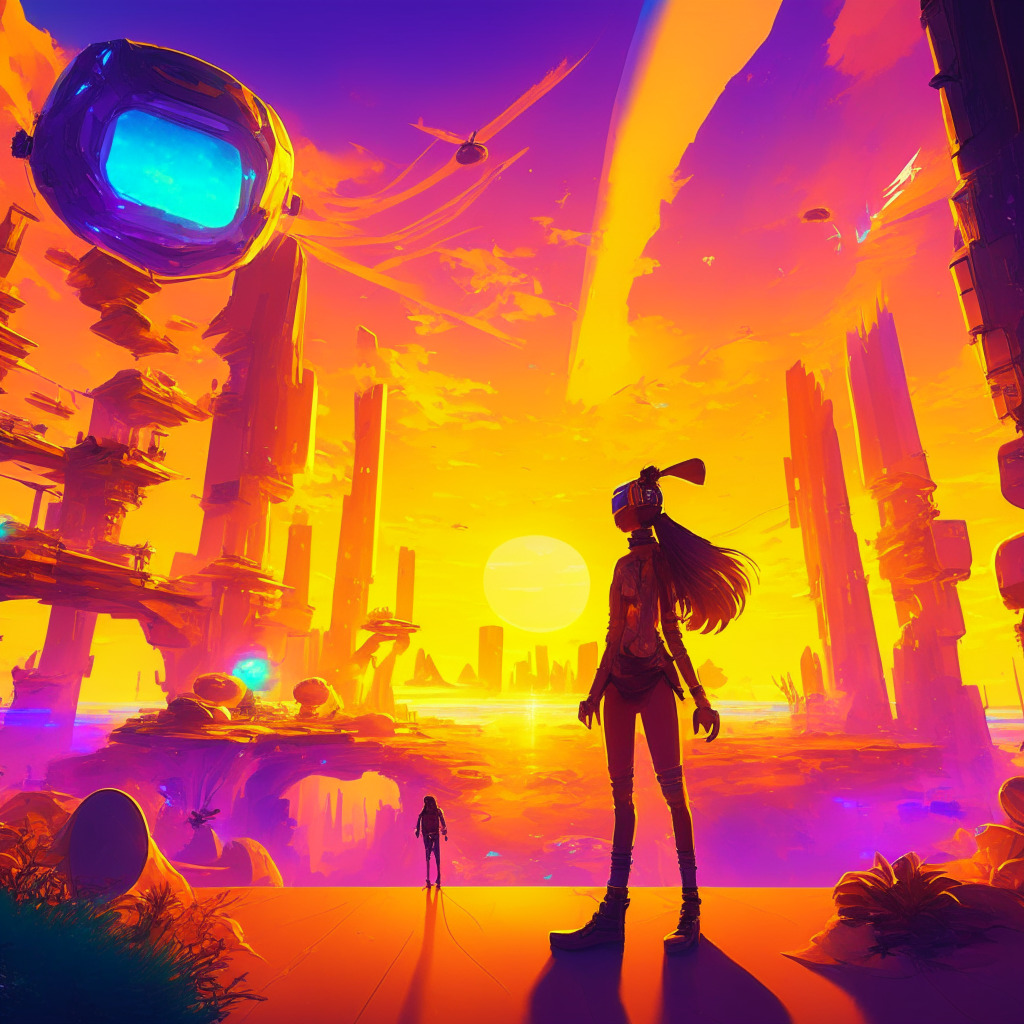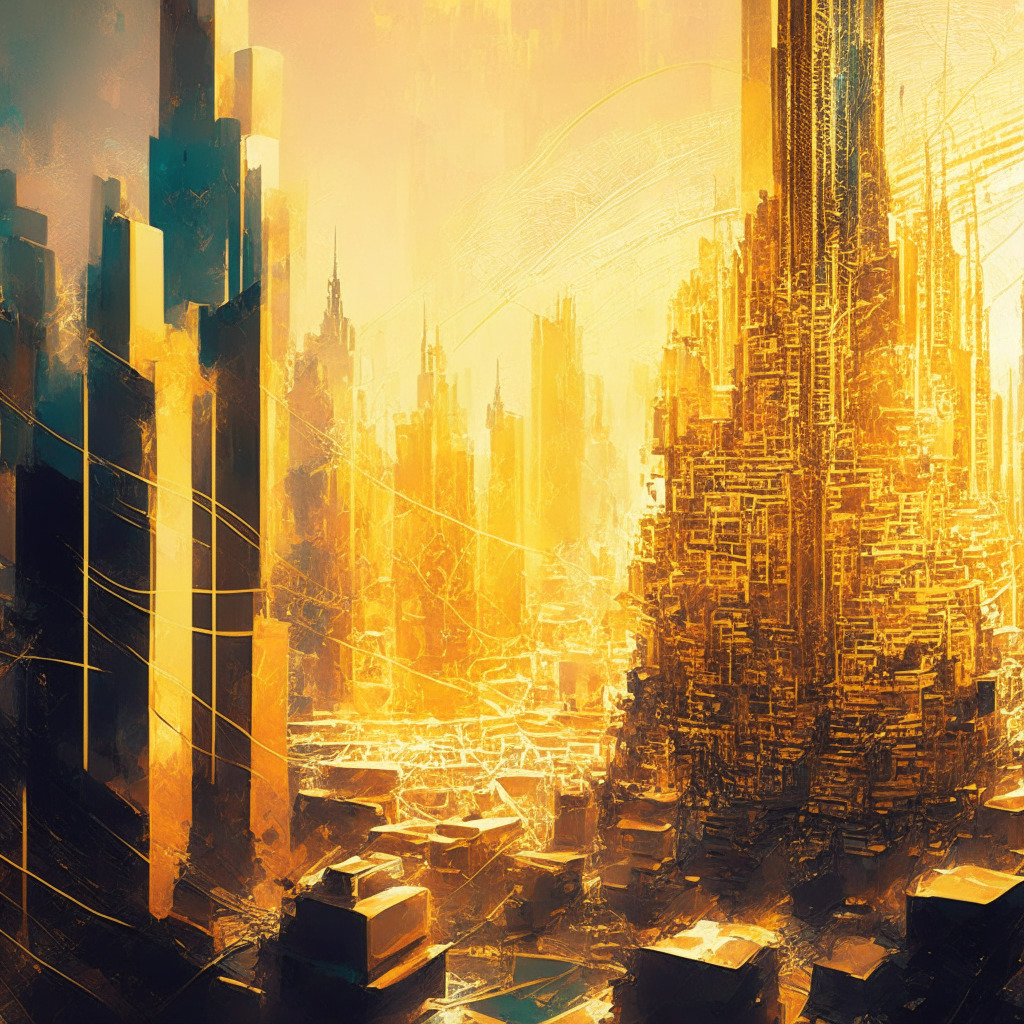The popular online multiplayer game, Roblox, recently released its quarterly earnings, revealing a record number of daily active users (DAU) and a 22% year-over-year revenue increase. While impressive, the company still reported a net loss of $268.3 million. This loss can be attributed to various factors such as developer exchange fees, personnel costs, and infrastructure expenses.
At the core of Roblox’s growth is a strong user base and ever-expanding presence in the gaming community, which can be attributed to its wide appeal and its function as a technology platform for creators. The game’s CEO, David Baszucki, reiterated that the company’s mission as a platform is to enable creators and bring their visions to life, consequently attracting a growing global audience.
One of the most intriguing aspects of Roblox’s growth is its classification by some as a “proto-metaverse”. This suggests that Roblox provides a glimpse into an interactive, expansive, cross-platform future that many believe will be the next major evolution in technology. However, a notable drawback for Roblox is its closed ecosystem—digital items and virtual currency within the game cannot be transferred onto other platforms.
This brings us to the question of whether Roblox could benefit from adopting blockchain technology and integrating non-fungible tokens (NFTs), which could potentially propel the company even further forward. Many Web3 builders are pushing for an “open metaverse” to allow users to truly own their digital items as NFTs, enabling them to use these assets across different games and platforms and sell them freely.
Perhaps in a nod to this idea, Roblox recently began experimenting with scarce digital items that behave similarly to blockchain-based NFTs. These items are limited in number and can be resold to others, with the original creators receiving a share of the resale price. Despite the similarities to NFTs, these items remain confined to the Roblox platform.
However, there’s no denying that Roblox’s continued growth speaks to its ability to adapt and innovate. The company has been adding new engineers and staff members while other tech firms face layoffs. This resilience, combined with sustained enthusiasm around its user base and creative community, makes Roblox an intriguing case study for the future of gaming and possibly the adoption of blockchain technology.
In conclusion, it is evident that Roblox’s popularity and consistent growth showcase the power of technology platforms that empower creators. The game’s increasing number of daily active users, revenue, and experimentation with scarce digital items indicate a promising future, even amid its current challenges. Whether Roblox decides to embrace an open metaverse model incorporating the use of blockchain technology or remain a closed ecosystem, its continued expansion and achievements demonstrate the strength and appeal of interactive, cross-platform gaming experiences.
Source: Decrypt




